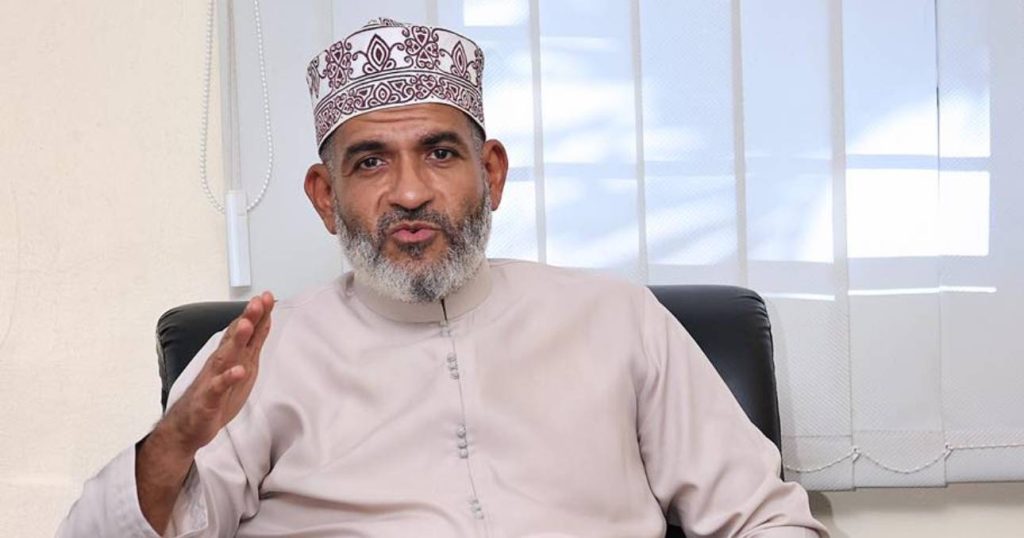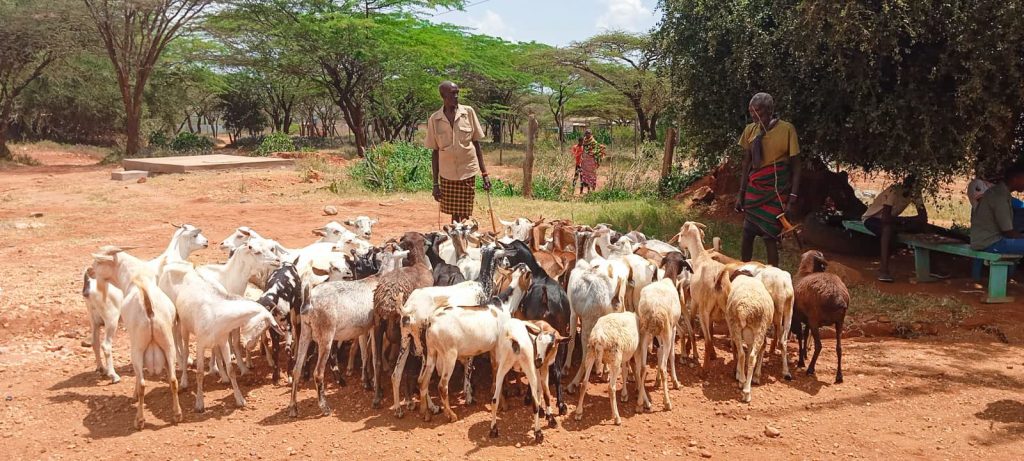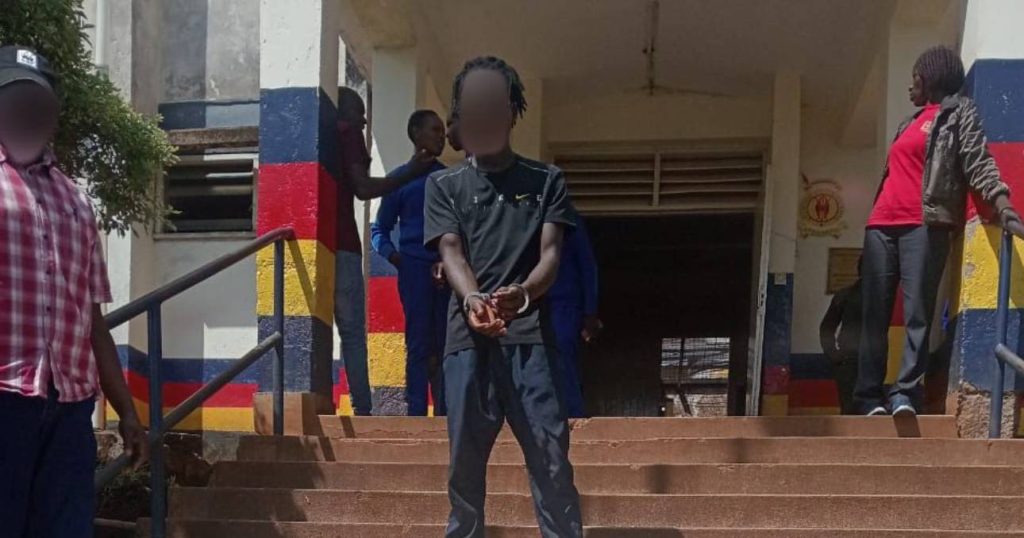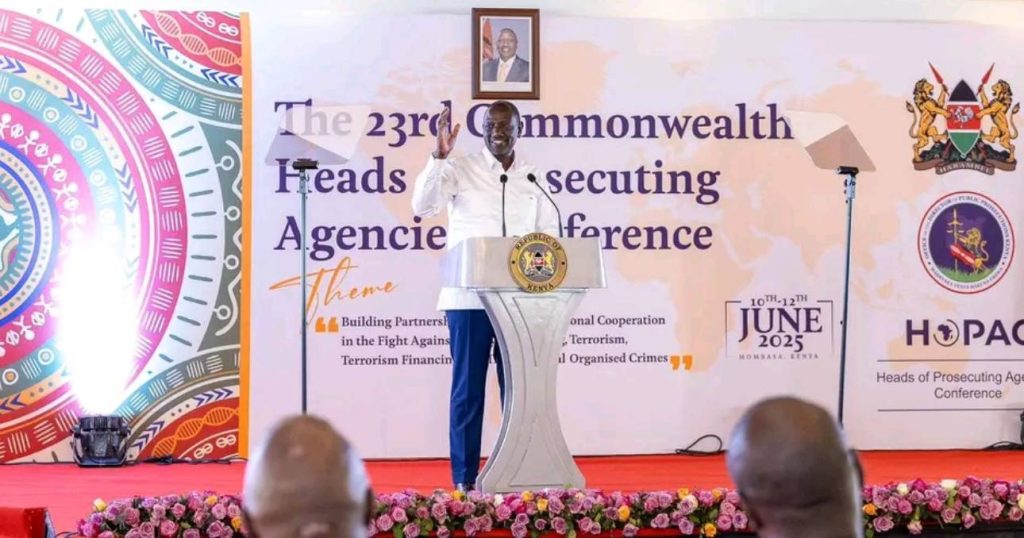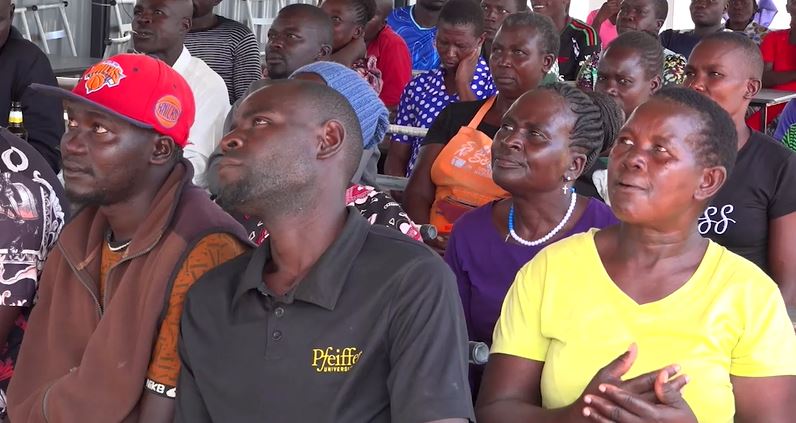Treasury Cabinet Secretary John Mbadi is expected to present his maiden official Budget Day speech on Thursday, June 12.
This year’s national budget for the 2025/2026 Financial Year stands at KSh4.239 trillion. Treasury says the budget is anchored on President William Ruto’s Bottom-Up Economic Transformation Agenda (BETA), with an aim of achieving the broader goals of Vision 2030.
The gross expenditure is structured into three key categories: KSh1.79 trillion for recurrent expenditure, KSh1.337 trillion for Consolidated Fund Services (CFS), and KSh707.8 billion for development expenditure.
Education sector
Education sector is the biggest winner in terms of allocation in the national government budget, receiving KSh701.1 billion, representing 28.1 percent. This money is expected to cover capitation grants, teacher salaries, and infrastructure development for both basic and higher education institutions.
Energy, ICT
The Energy, Infrastructure, and ICT sector will receive the second biggest share of allocation, receiving KSh500.7 billion. This includes KSh195 billion for roads, KSh119 billion for housing and urban development, and KSh92 billion for the energy and petroleum sector.
National security has been allocated KSh251 billion.
The Health sector will receive KSh136.8 billion. Of this, KSh54 billion is earmarked for referral services, KSh16.6 billion for disease control programs, and KSh10 billion to support chronic and emergency illness interventions as part of the Universal Health Coverage (UHC) program.
The agriculture sector will receive KSh78 billion, which includes KSh8.2 billion for fertilizer subsidies and KSh10.2 billion to support value chain development.
To support Micro, Small and Medium Enterprises (MSMEs), the government has set aside more than KSh12 billion. These funds will support County Aggregation and Industrial Parks as well as enterprise recovery programs. The MSME sector contributes an estimated 24 percent to the country’s GDP.
Counties are set to receive an equitable share of KSh405.1 billion to enhance service delivery at the devolved level.
In housing, the government aims to deliver over 215,000 affordable housing units and 94,000 hostel beds. This initiative is expected to stimulate employment opportunities for youth and boost the construction sector.
The digital economy has been allocated KSh3.7 billion under the Kenya Digital Economy Acceleration Project. This funding will support the installation of 35,000 kilometers of fiber optic cable, connect 43,000 public institutions, and establish 15,000 Wi-Fi hotspots nationwide.
The 2025/2026 Budget is based on a projected economic growth rate of 5.3 percent, up from 4.7 percent in 2024. This growth is expected to be driven by improved performance in agriculture, tourism, construction, and information and communication technology.




